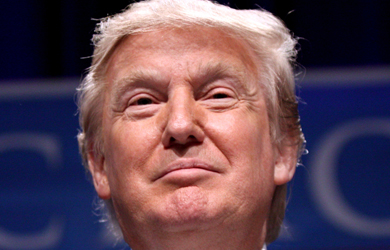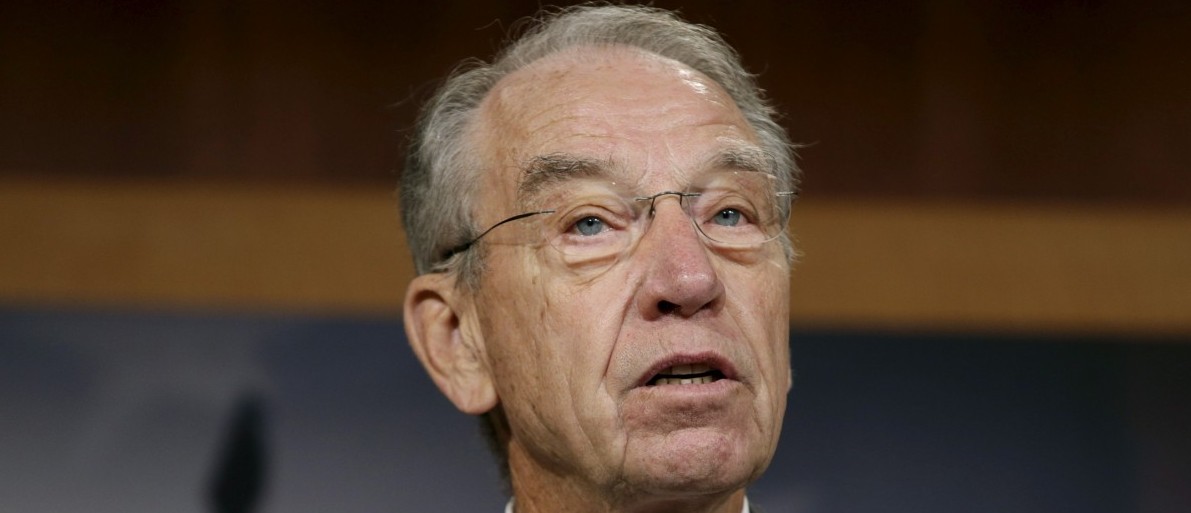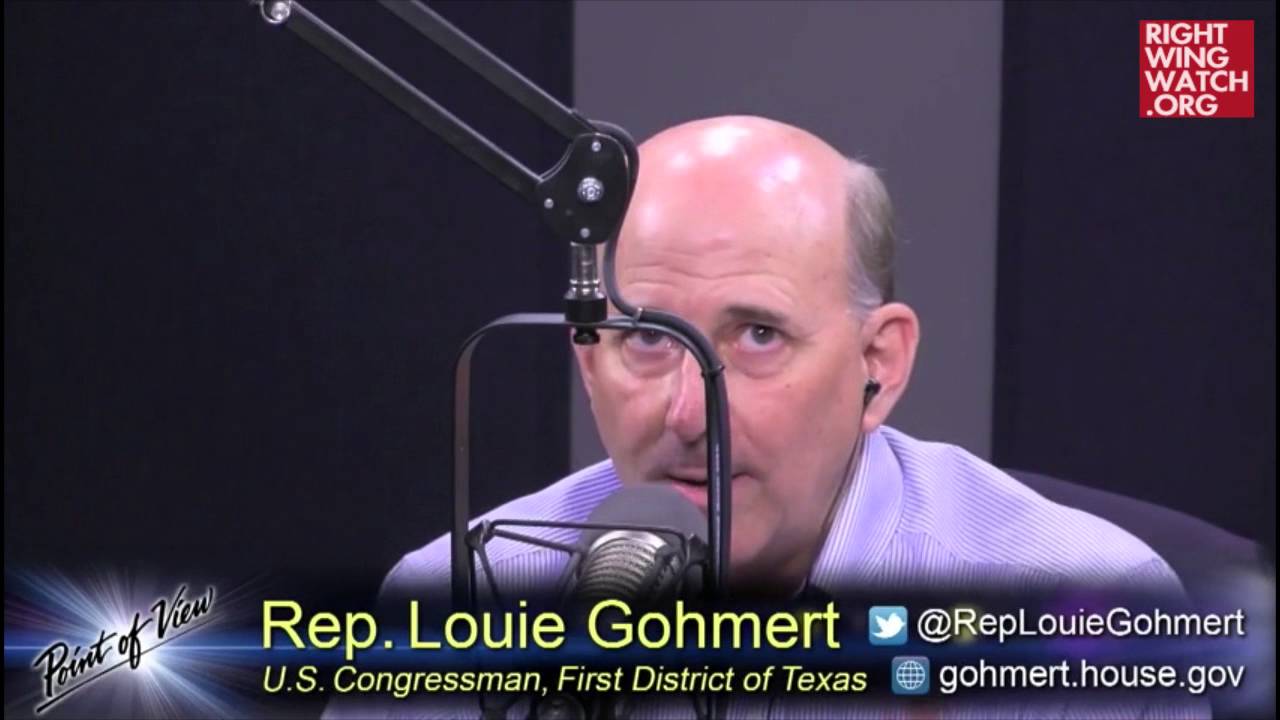During the administration of George W. Bush, the Federalist Society helped the administration fill the federal courts with judges who embrace a right-wing legal ideology. Back then, group leaders criticized Democratic senators for filibustering some nominees. But at the Conservative Political Action Conference (CPAC) last week, a senior Federalist Society staffer praised Republican Senators who have refused to even give a hearing to a nominee for the Supreme Court seat left vacant by the death of Justice Antonin Scalia — and suggested that if a Democrat is elected president this year, the Senate could continue its obstructionist blockade through the next administration.
The Federalist Society has often portrayed itself as a polite debating society and downplayed the important and destructive role it has played promoting far-right legal theories as well as judges and political officials who can turn that ideology into public policy. The Federalist Society’s influence reached a pinnacle with the nomination of Supreme Court Justice Samuel Alito, an ideological warrior with deep roots in the right-wing legal movement. Alito, whose nomination was shepherded through the Senate by the Federalist Society’s Leonard Leo, has returned the favor as a justice, helping raise money for the Federalist Society and other right-wing groups, and becoming the single most pro-corporate justice on the most pro-business Supreme Court since the New Deal.
Dean Reuter, vice president of the Federalist Society, led a brief workshop at CPAC with John Yoo, a law professor and author of the infamous “torture memos” while working at the Justice Department during the George W. Bush administration. Reuter and Yoo are co-editors of “Liberty’s Nemesis: The Unchecked Expansion of the State,” published last month. The book focuses on the growth of the administrative state, but Reuter began by addressing the dispute between the White House and Senate Republican leaders who have declared that they will refuse to even consider a Supreme Court nominee this year.
Reuter said it was the Senate’s duty to act as a check on executive power.
But I’m happy to report that the law and the Constitution are on the Senate’s side here. The president surely does have a duty to nominate someone, but the Senate has a co-equal duty as a co-equal branch of government to, in this case, operate as a check. It doesn’t have any responsibility or any duty to host one-on-one meetings with the nominee, or hold a hearing, or hold a committee vote or a floor vote. There’s no timetable. It’s not as if the president sends somebody over and says, we need this back next month, or next Wednesday, or whatever.
So the Senate is perfectly well within its prerogative, even the proper understanding of checks and balances, it can easily be said that the role of the Senate is to check the president’s power in this instance, the appointment power, especially I think when you’re dealing with a third branch of government and a lifetime appointment.
It’s not the president appointing the secretary of the Department of Commerce, it’s the president making an appointment to an independent, third branch of government and the Senate’s entitled to do its full due, which in this case may be not to act.
When asked if the Constitution would support the Senate’s refusal to act indefinitely if a Democrat were elected president, he said:
There’s no time limit in the Constitution. And there’s nothing magical about there being nine justices. The country started out with six justices, we’ve had as many as 10 at some point in time. And as recently as 2010, when Justice Elena Kagan came on the court, she had been solicitor general so she recused herself in over a third of the cases…I don’t see a sense of urgency.
The Federalist Society would undoubtedly experience a different sense of urgency if a Republican were elected president and given the opportunity to put more right-wing activists like Samuel Alito on the court.








